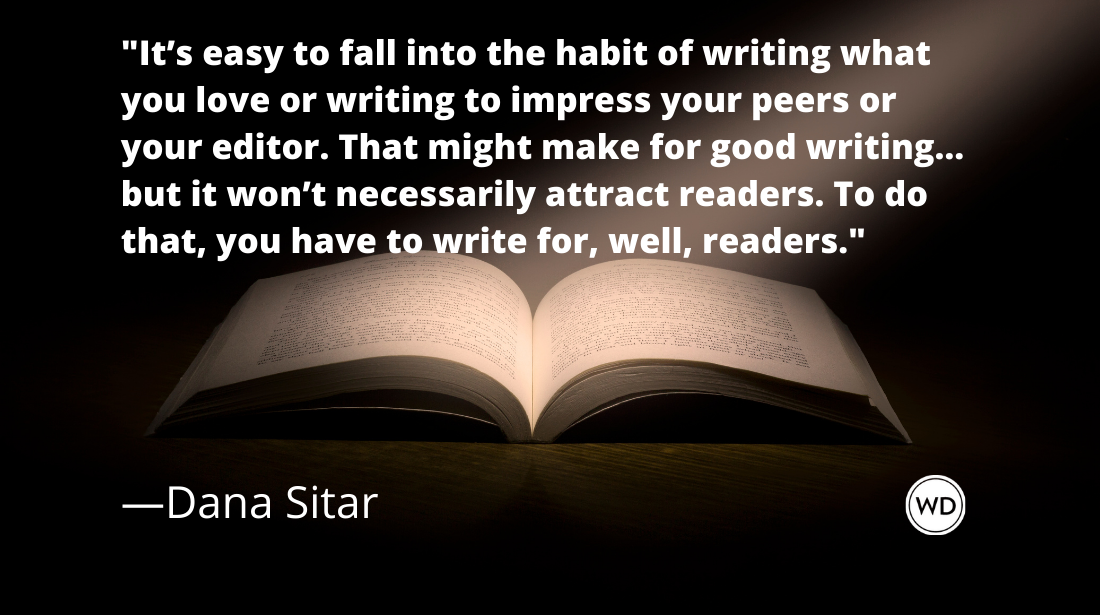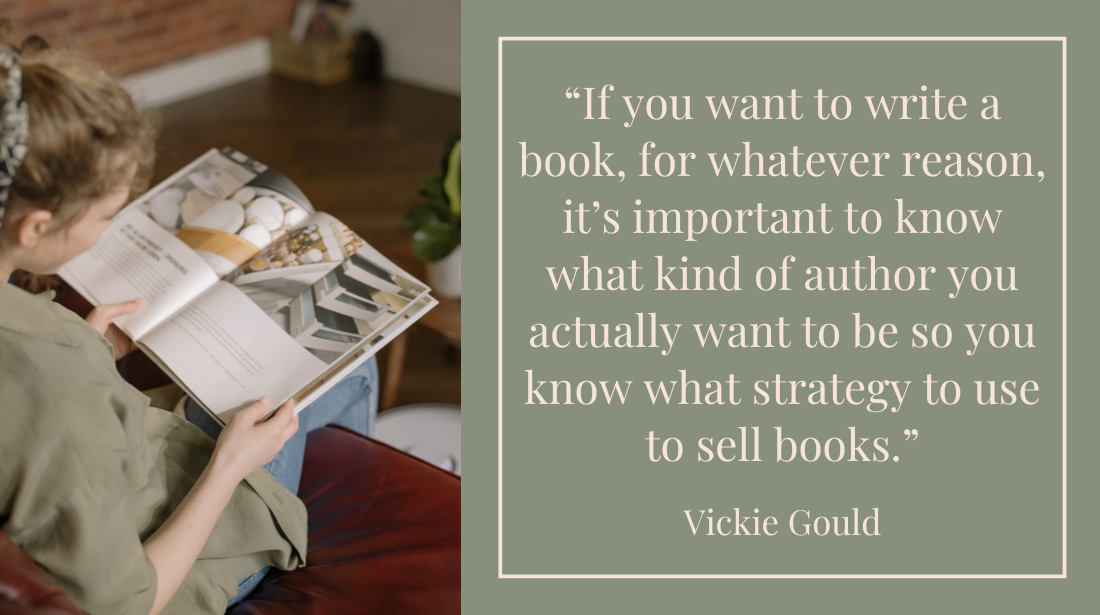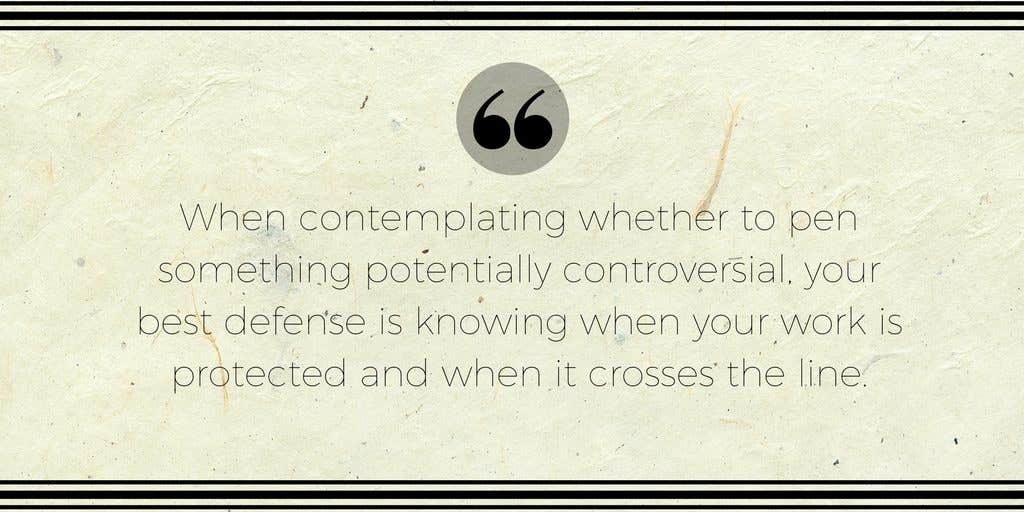Upon Further Review
Sources often want to see a writer’s work. Perish the thought, most editors will tell you. This writer respectfully disagrees.
Do you ever want your interview subject to review an article before publication? Sometimes. Do journalists and editors shiver when you suggest this? Usually.
The Society of Professional Journalists recommends writers "distinguish news from advertising and shun hybrids that blur the lines between the two." Well, when you're just starting out as a freelancer, "shunning" isn't always an option.
My first assignments were "promotional writing"—not ads, but very one-sided. The subjects, who would portray themselves in the best light, provided the material. I accepted these assignments with misgiving, but, as the writer, I still assumed "primary responsibility for truth and accuracy," as prescribed by the American Society of Journalists and Authors.
The subject had to approve the article before publication. In one case, I knew I was headed for trouble when a home builder said in the interview, "No detail is too small. We do whatever it takes to make the customer happy." That is appropriate for an $800,000 custom home; it is not entirely appropriate for a $75 article.
Sometimes the calibre of the changes compelled me to tell the editor to remove my byline because the article no longer met my personal standards. The National Writers Union recommends you reserve the right to do so if a dispute arises so "you will have a legal way to disassociate yourself from the piece and still get paid."
Why do it?
An advantage to having your subject review the article is to verify technical accuracy. A researcher I interviewed said a television station once embarrassed him by drawing inaccurate conclusions from an interview with him. "The important thing to me was being allowed to have input into the design of the article," he told me after our interview. "... It is difficult addressing the reconciliation of understanding of topic between the person writing the article—who has limited knowledge—and the person being interviewed—who has a lot of specialized knowledge."
Your own comfort level
Many times it boils down to the writer's comfort. This can vary depending on the topic, the genre or the experience of the writer. Most of my writing is not controversial, or even critical, so I feel comfortable asking my subject to review the material. For example, in six years my note-taking skills have failed me only twice; on both occasions I faxed one page of the articles to the subjects and asked them to check the chronology. On both occasions, the subjects were surprised I had offered. I felt it helped me maintain my quality standard, and the subjects appreciated the offer.
Ask yourself who needs to be in control of the article: the writer, the editor, the subject or a combination? Beyond the requirements of the situation, it is the writer's own comfort level and morals that will dictate his or her actions.
Wendy Hart Beckman is a freelance writer based in Cincinnati.









